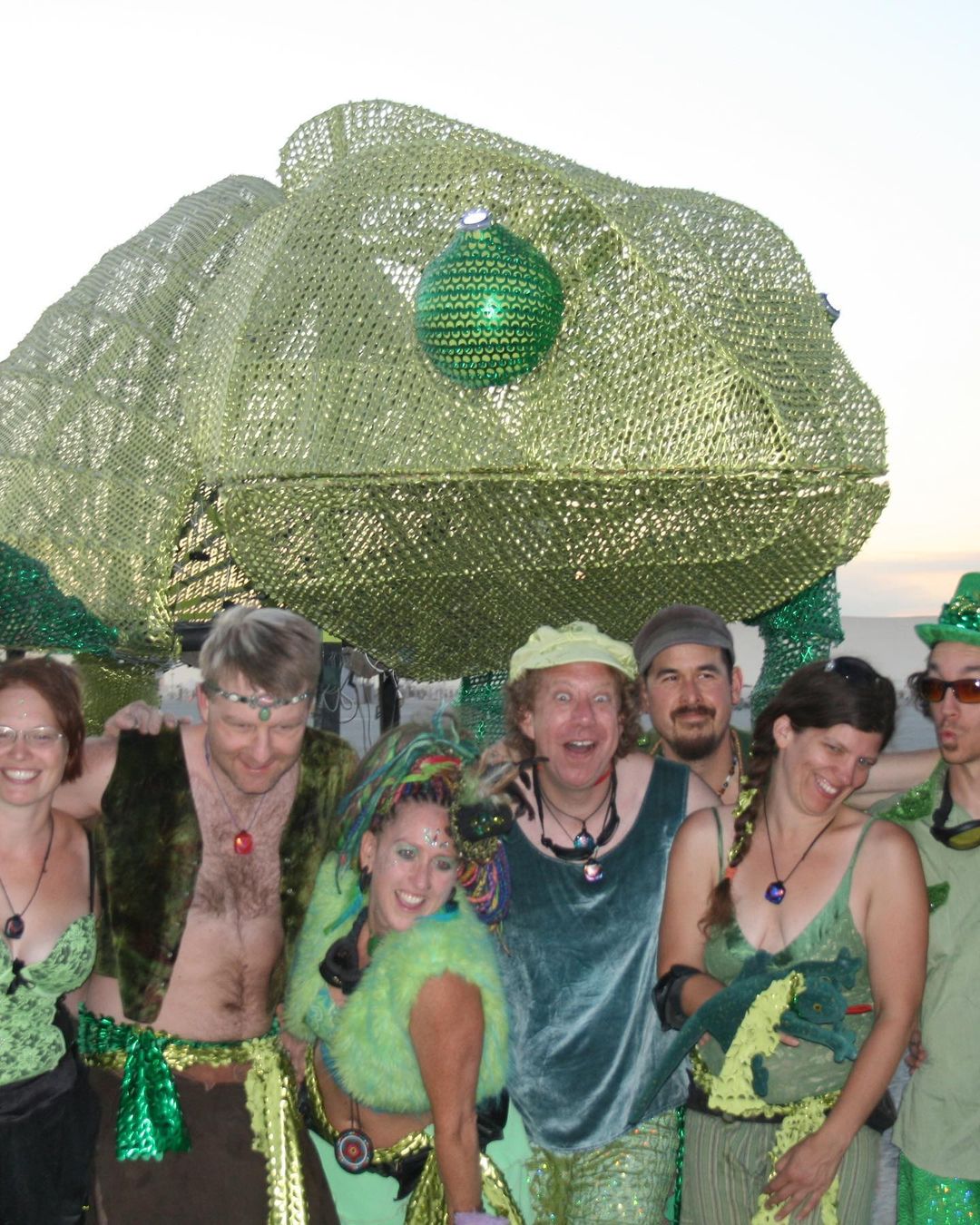From Common Field: “The Los Angeles Contemporary Archive (LACA) and Common Field are glad to invite you to join us on the arrival of the Common Field archival collection at LACA. Common Field has worked to support a nation-wide network of independent artists and arts organizations. Following an organizational audit and an internal financial survey process in 2021, Common Field announced its decision to intentionally sunset, or close, as an organization in 2022.”
“Common Field believes that their struggles are not novel ones and have generously agreed to share their vulnerabilities and learning with us through their archival collection. The evening’s aim is to engage the collection with questions so that we may all better know ourselves.”
“We will be having a group discussion led by writer, curator, and educator Anuradha Vikram, with gloria galvez, artist, organizer and co-director in the art program at the California Institute of the Arts and Sheetal Prajapati, Executive Director of Common Field. Together we will reflect on larger institutional concerns within the arts nonprofit sector, including the challenges of sustainable fundraising and the exclusionary structures of whiteness in leadership.”
“LACA Executive Director Hailey Loman and Common Field Archives Transition Coordinator and LACA Archivist Zach Whitworth will share an overview of the collection with insights from their engagement with these materials.”
The event will take place at the Los Angeles Contemporary Archive on December 8 at 7pm PT. Learn more here.



